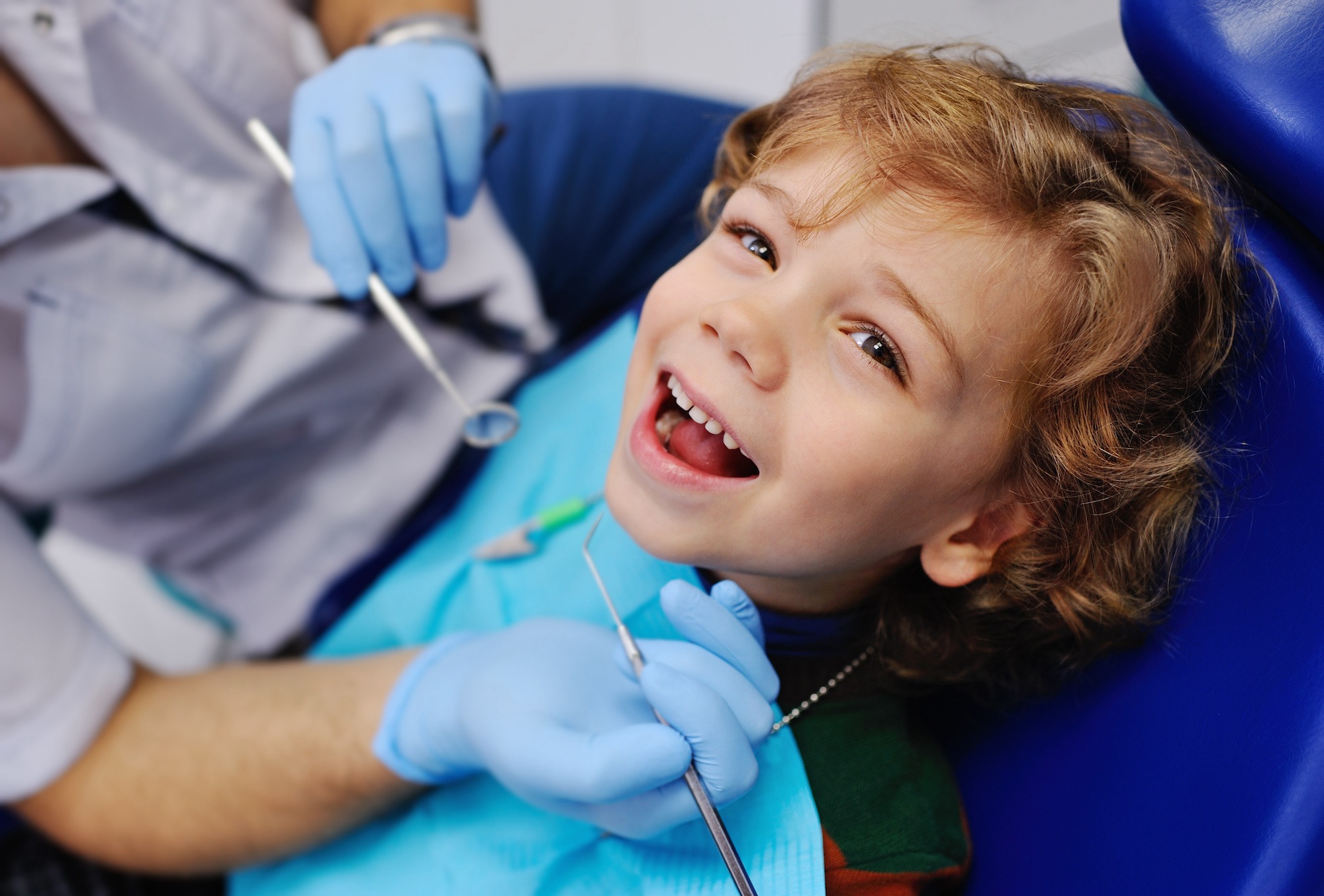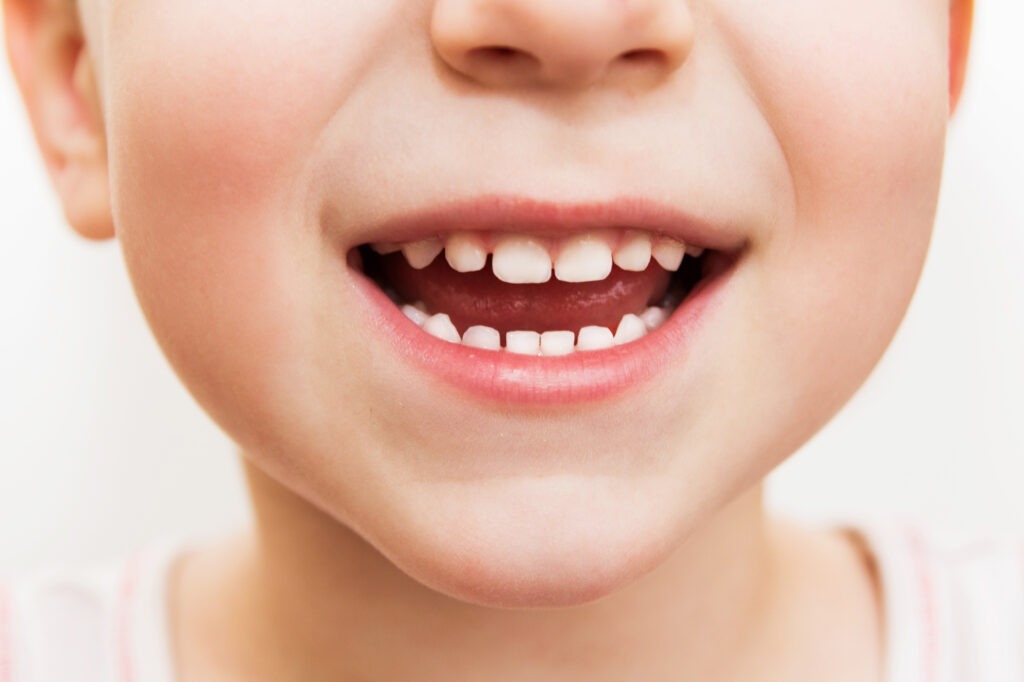Kids sucking their thumbs and on pacifiers are so cute! Though the adorable factor is off the charts, many parents have concerns about how pacifiers and thumb-sucking affect kids’ smiles. Beim Orthodontics wants to address these worries!
Why Do Babies Like To Suck On Thumbs Or Pacifiers?
If you’ve ever peeked into a crib and seen a tiny tot happily sucking their thumb or holding onto a pacifier like it’s the world’s greatest treasure, you’re not alone. It’s a sight many parents know well.
Thumb-sucking and pacifier use is most children’s go-to relaxation method. And despite the widespread belief that it’s horrible for babies, it’s not — it’s healthy and natural! From the moment they’re born, many babies find comfort in sucking their thumbs or a pacifier. It’s their first way of figuring out the world around them and calming themselves down.
Other practical purposes include:
- Pacifiers can reduce the risk of SIDS (sudden infant death syndrome) in children aged six months to one year.
- Both can aid in relieving discomfort or pain caused by teething or ear popping on airplanes.
- Both are distractions for young ones during uncomfortable moments, like at the doctor’s office or when overstimulated.
- A pacifier can help older infants transition from bottle feeding to solid foods, as it satisfies their urge to suck.
- Both can help your child sleep better.
- And more!
Are There Downsides To Thumb And Pacifier Sucking?
Unfortunately, yes, there are. Pacifiers and thumb-sucking are only beneficial until around 36 months (or three years) of age. Prolonged usage of the habits can lead to some undesired side effects.
Misaligned Teeth
Over time, the constant pressure created by sucking on pacifiers and thumbs can push the front teeth outwards, leading to an “anterior open bite” (the top and bottom front teeth might not meet when the mouth is closed).
Bite Problems
Beyond just the front teeth, extended thumb sucking can lead to issues with how the upper and lower jaws align. Jaw misalignments include overbites, underbites, or even crossbites. If you’re scratching your head wondering what these are, think of them as a mismatch between the upper and lower teeth. Over time, misalignments can make eating and performing oral hygiene challenging for your child.
Speech Issues
Our teeth play a starring role in how we talk. Misaligned teeth or bite problems can lead to lisps or difficulty pronouncing certain sounds, making it challenging for your child to communicate and negatively impacting their learning ability. (It’s important to note that 1.) many factors cause speech impediments, and 2.) malocclusion created by extended sucking of the pacifier or thumb causes the speech impediment, not the pacifier or thumb-sucking itself.)
Palate Changes
The roof of the mouth, or the palate, is soft in the early years of life. Constant pressure from a thumb or pacifier can reshape it, leading to a higher or more arched palate. A misshapen palate can affect how the teeth come in and even how kids breathe or swallow.
Luckily, not all kids will experience these issues, and many of them are correctable.
Tips To Help Your Child Break The Habit On Time
Awareness and timely intervention are key to preventing orthodontic issues from pacifiers and thumb-sucking. However, breaking up is hard to do, especially when it’s with a beloved thumb or pacifier! Here are some tried-and-true tips to make the transition smoother:
-
- Positive Reinforcement: Celebrate the thumb- and pacifier-free days with stickers or a special treat. A little praise goes a long way!
- Find Alternatives: Offer a snuggly toy or blanket during those moments when they’d usually reach for their thumb or pacifier.
- Limit Pacifier Use: Start by allowing it only during naps or bedtime. Gradually, they’ll rely on it less.
- Comfort Techniques: If your child sucks on their thumb or pacifier to ease negative emotions, try to teach them new ways to calm down and regulate their feelings so they no longer desire something to suck on.
Remember, every child is different, and patience is critical. It might take some time to discover which transition best helps your child. It might take even more time for your child to be 100% done with thumb or pacifier sucking. But with a bit of love and support, they’ll find new ways to self-soothe and comfort and kick the habit.
Beim Orthodontics Can Help Your Child’s Smile Shine!
Are you worried about your child’s teeth or jaw alignment? Let Beim Orthodontics put your mind at ease with a free consultation! Our Lake Mary team can assess your child’s smile and put together a customized treatment plan, if necessary, at no cost to you.


